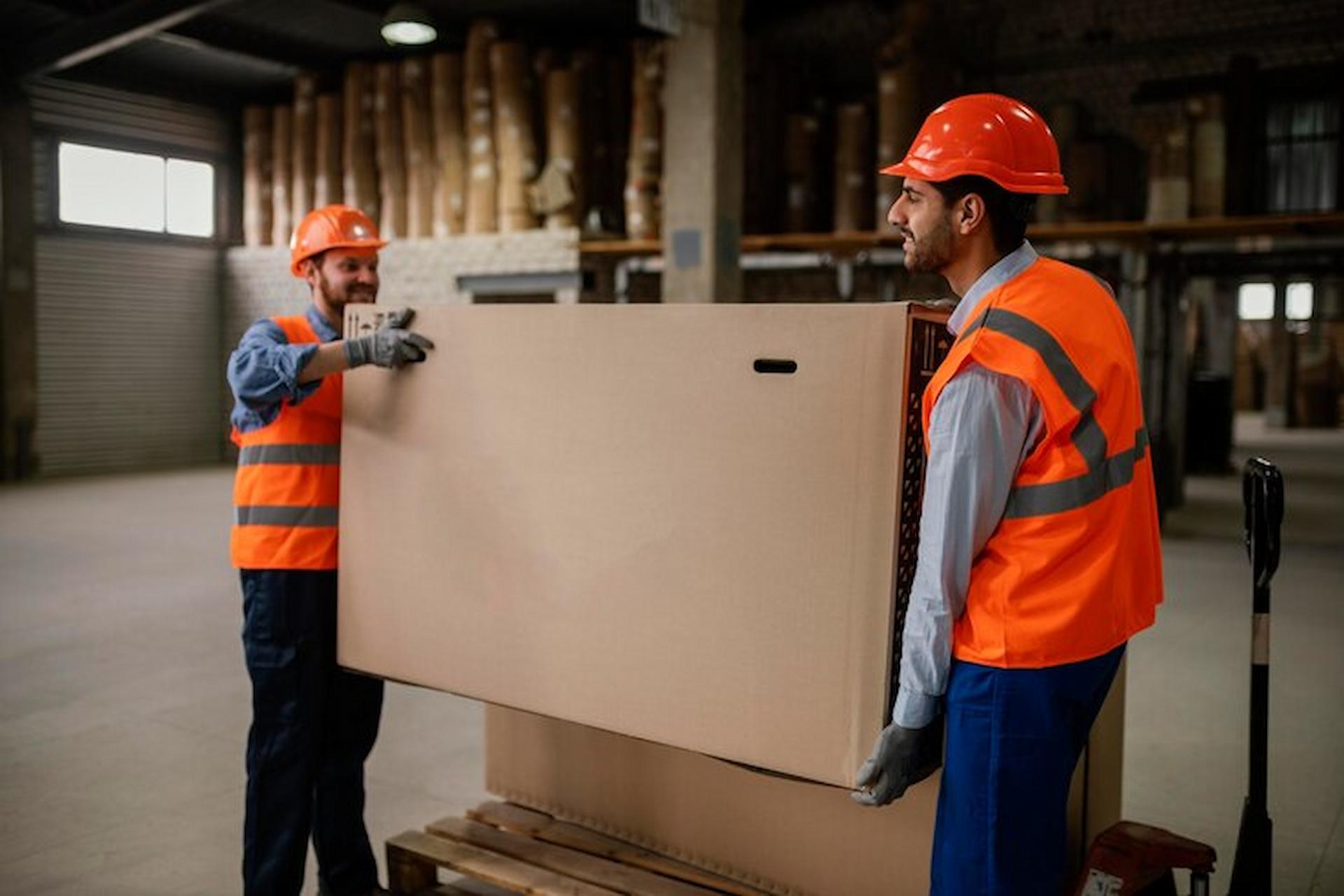How The Course Could Benefit You
There’s no doubt about it: lifting, carrying, or moving objects by hand or bodily force can put you at risk of injury. That’s why the best manual handling courses London has to offer can make such a difference! Here’s why adequate training is so important, and what you can expect from taking part in a course.
The Importance of Manual Handling Training
Manual handling injuries are among some of the most common reported in UK workplaces, and they often result in significant downtime and have a huge impact on employee wellbeing. Investing in a manual handling course helps you take a big step toward reducing these injuries and creating a safer work environment.
The benefits of proper manual handling training include:
Risk Reduction
A manual handling course equips trainees with the knowledge and skills to assess and minimise any risks associated with lifting and handling tasks. Understanding proper lifting techniques and risk factors can significantly reduce the likelihood of injuries.
Increased Awareness
Participants will become much more aware of the potential hazards associated with manual handling tasks. This increased awareness then translates into safer work practices, reducing the likelihood of accidents and injuries on site.
Improved Technique
Learning the correct techniques for lifting and handling objects is the main focus of manual handling courses. Participants acquire the necessary skills to perform these tasks efficiently, minimising strain on the body and reducing the risk of injuries.
Enhanced Employee Confidence
Knowing how to perform manual handling tasks safely gives employees greater confidence in their abilities. This will not only contribute to a positive workplace culture, but will also improve overall site morale and productivity.
Choosing a Great Course Provider
Selecting the right course provider is essential if you are going to get the most out of your course. Here’s what you should be looking for:
Accreditation: Opt for a course provided by an accredited organisation. Accreditation ensures that the course meets industry standards and is recognized by authorities and employers alike.
Experienced Instructors: Look for courses led by experienced instructors with a background in occupational health and safety. Experienced instructors can provide valuable insights and practical knowledge.
Comprehensive Courses: A good manual handling course covers a range of topics, including risk assessment, proper lifting techniques, and relevant regulations. Ensure that the curriculum aligns with the demands of your specific workplace.
Interactive Learning: Courses that incorporate hands-on and interactive learning methods are much more effective. Practical scenarios and simulations allow participants to apply their newfound knowledge to real-world situations.
Positive Reviews: Seek out detailed reviews about the course provider. Positive feedback from previous participants is a strong indicator of the course’s quality and effectiveness.
What Now?
Now that you know just how much of a difference manual handling training given by a trusted provider can make, why not make 2024 the year you invest in a course for you and your colleagues? You’ll be glad you did!




